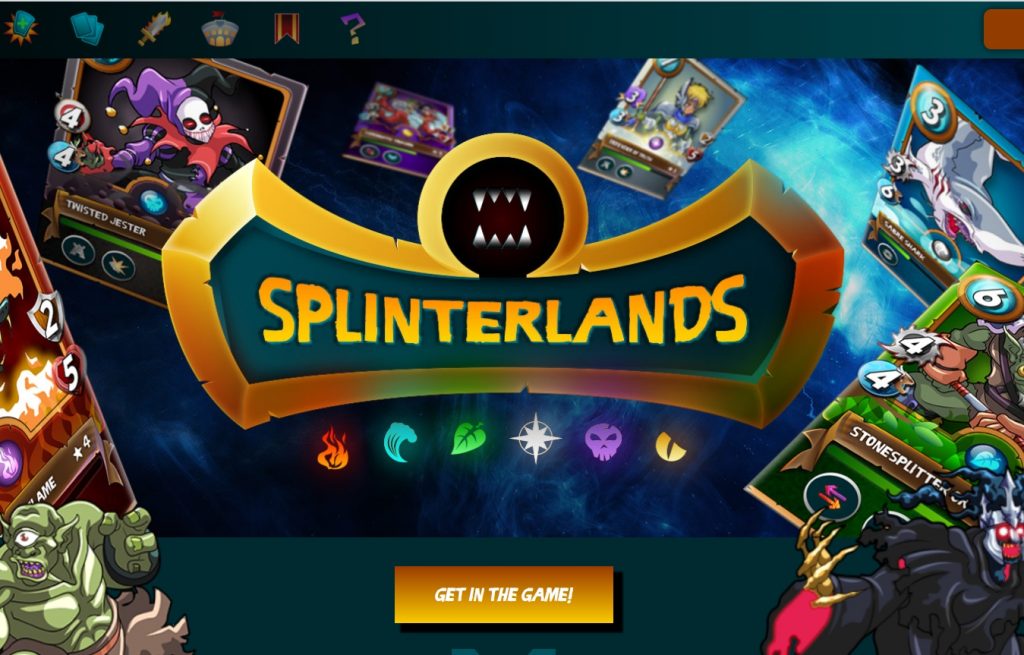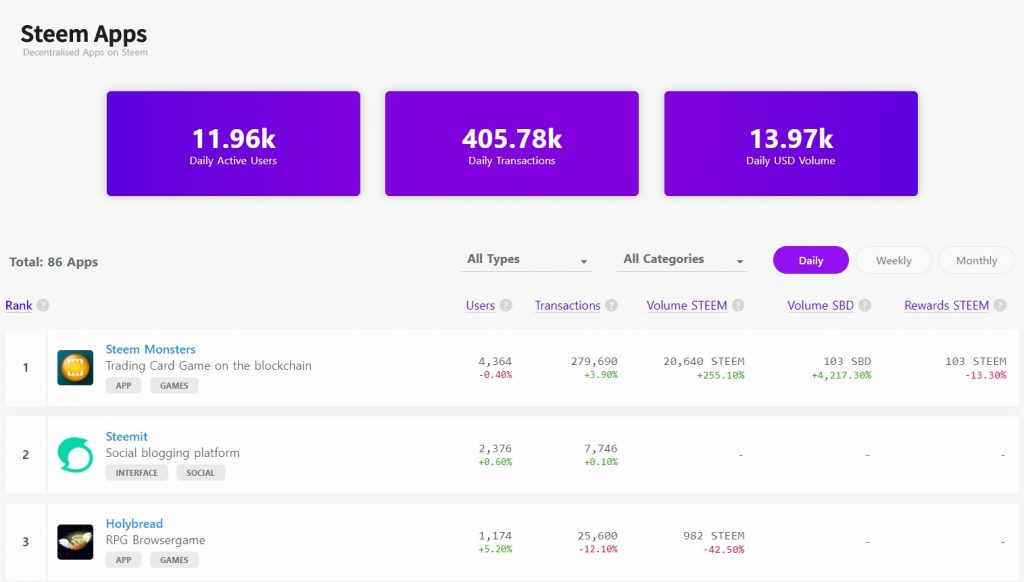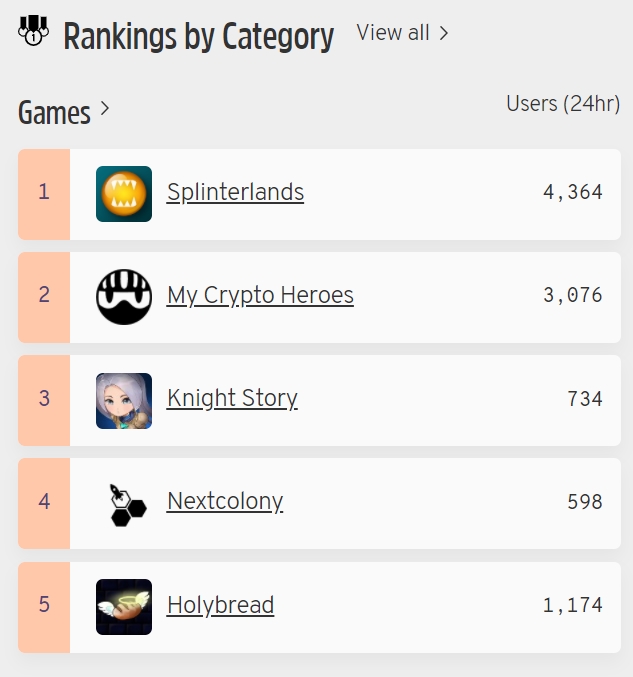Steem vs. Steemit
Steemit.com is a social media site running on the Steem blockchain. Steemit was the first social media using blockchain for decentralization. Steemit.com is running since 2016. Both the site and the blockchain were founded and developed by Daniel Larimer aka. @bytemaster. Dan Larimer previously founded Bitshares and now he went on and founded Eos.
The innovations brought by Steem:
- censorship resistance (you can be banned from the blockchain)
- earning money with your creativity (proof-of-brain)
- tip other content creators with STEEM tokens.
I want to stress that Steemit.com is only a front end, a gateway to the underlying blockchain. The blockchain is the immutable database. This means that you can also use other sites than steemit.com, they will show you the same entries to the chain if not manually censored by the site-owner.
- steemit.com
- steempeak.com
- d.tube (which is focused on videos like YouTube)
legal owners of the site
The Steemit.com site was previously owned by Dan Larimer and Ned Scott (under the company Steemit-Inc.). In February 2020 Steemit-Inc and the Website Steemit.com was sold to Justin Sun, the founder of Tron. Sun saw the potential in the Steem community and wants to combine both ecosystems in a mutually beneficial way.
My experience with Steem and Steemit.com
I found out about Steemit in late 2016. When the crypto currency hype started in summer of 2017, people were more and more interested in prices and not in technology. So I searched for a community of crypto-enthusiasts who care about the technological and monetary revolution and not only about the quick bucks. I was surprised that I found a community more versatile than being about crypto only.
There are people blogging about #travelling, #art, #cooking, #gaming and many more topics.
Since the Steem Blockchain can also power other Apps than social-media, like games, there is a strong gaming and game-developer scene. Right now, decentralized gaming is still in its infancy. However here are the first pioneers in the Steem ecosystem:
Steemmonsters aka Splinterlands

Splinterlands is an online trading-card-game comparable to hearthstone or magic the gathering. The important thing is that your cards are stored in a decentralized fashion. Your keys = your cards/ in-game items. Like real trading cards, nobody owns them but you. There is an investment side to it but it is rather exotic and highly speculative. However in a few years there probably will be professional markets for digital items on the blockchain like we already have with trading cards in in-game items.
NextColony
NextColony is a browser based science fiction game. You can explore far away galaxies and planets, you can battle other players and again: the most interesting part are the in-game items which are only owned by the players.
Like cryptocurrencies, the items are digitally rare and can be traded for cryptocurrencies. The game is done with much love to the detail and you can find the community on steem based social media sites like steemit.com.
Holybread
Is one of a few fun-games on the Steem Blockchain. Note that the games are not build to be professional, but to proof the use-cases of blockchain and decentralized gaming in a funny kind of way. All of the mentioned games emerged from the community. On other blockchains like Eos, Ethereum and Tron there are similar apps like Crypto-Kitties which was a huge success in 2018. With ongoing adoption, crypto-gaming will grow. Imagine having liberty-dollar in GTA-6 which is actually worth something, which can be traded for weapons and skins which you actually own. However this requires a mind shift in centralized gaming companies. Giving away control is never easy but some team are already exploring the opportunities.
For more read:
You can check out the status of the decentralised Apps and Games running on Steem on Steemapps.com
For a comparision between different blockchains like Ethereum, Tron, Steem or Eos use Stateofthedapps.com
Serious topic – this is more than entertainment
Of course crypto is not all about fun. There needs to be a incentive structure to positively encourage beneficial behavior and discourage malicious behavior. Steem the whole system is a decentralized autonomous organisation – a DAO. A DAO needs collision resistant governance mechanics. When users vote with their tokens for certain proposals it can quickly become a plutocracy. In order to prevent plutocratic, oppressive behavior it needs so called collision resistant games (games in the mathematical sense). Systems which sort out bad decision makers. One solution to this problem -the ultimate governance mechanism for systems like Steem is called prediction-market or futarchy.
How dPOS can be saved
Imagine climate change is debated in a crypto governance system. Lobbies and politicians are long gone and now people decide by using their tokens. Using your tokens to vote, has the same problem as using your democratic voice to vote – you have no consequences when you make the wrong decision. A decision is wrong when the system measurable suffers (e.g. economically). With a prediction market, you have to bet some money to make a proposal and then people who also think that your idea is great can also bet their money on the proposal. The proposal hits a certain threshold, –> get executed and then you have to deliver results. If not, your money is gone, all the position on your proposal are liquidated and go to the good decision makers, those people which went short on your proposal. After some while, bad decision-makers went economically-extinct.
Why is plutocracy a thing?
In any crypto-community plutocracy is a thing! The tokens are distributed to some lucky people, which were at the right time in the right thread on bitcointalk.org. Often they got the tokens that cheap (relative to today), that they simply have a large stack but no stake – no skin-in-the-game.











